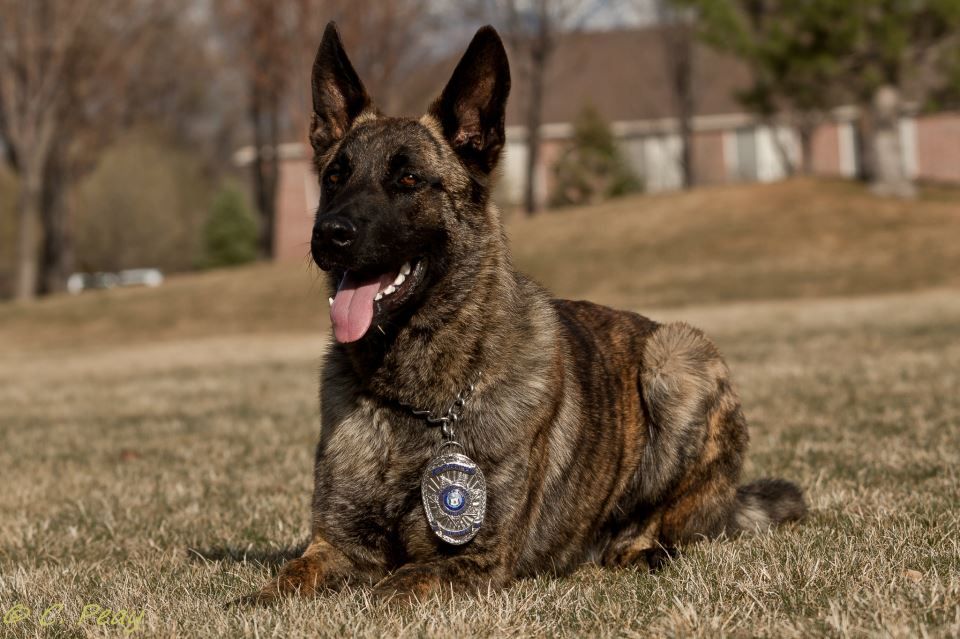House Breaking/ Potty TrainingYourPuppy
House training your dog or puppy requires patience, commitment and lots of consistency. Accidents are part of the process, but if you follow these basic house-training guidelines, you can get the newest family member on the right track.
To potty train, your puppy, establish a routine
Puppies do best on a regular schedule. The schedule teaches them that there are times to eat, play, and do their business. Typically, a puppy can control its bladder one hour for every month of age. So, if your puppy is two months old, it can hold it for about two hours. Don’t go longer than this between bathroom breaks, or it’s likely to have an accident.
Take your puppy outside frequently—at least every two hours—immediately after it wakes up, plays and after eating or drinking.
Pick a bathroom spot outside, and always take your puppy (on a leash) to that spot. While your puppy is relieving, use a specific word or phrase that you can eventually use before it goes as a reminder of what to do. Take it out for a longer walk or some playtime only when it’s done.
Reward your puppy every time it eliminates outdoors. Praise or give treats—but remember to do so immediately after it’s finished, not after it comes back inside. This step is vital because rewarding your dog for going outdoors is the only way to teach what’s expected from it. Before rewarding it, be sure it’s finished. Puppies are easily distracted, and if you praise them too soon, they may forget to finish until they’re back in the house.
Put your puppy on a regular feeding schedule. What goes into a puppy on a plan comes from a puppy on a program. Depending on their age, puppies may need to be fed two or three times a day. Feeding your puppy at the exact times each day will make it more likely that they’ll eliminate at consistent times as well, making house training easier for both of you.
Pick up your puppy’s water dish about two and a half hours before bedtime to reduce the likelihood that it will need to relieve itself during the night. Most puppies can sleep for approximately seven hours without needing a bathroom break. If your puppy does wake you up in the night, don’t make a big deal of it; otherwise, it will think it is time to play and won’t want to go back to sleep. Turn on as few lights as possible, don’t talk to or play with your puppy, take it out to the spot where it relieves itself and then return it to bed.
Supervise your puppy
Don’t allow your puppy to soil in the house; keep an eye on it whenever it’s indoors.

Tether your puppy to you or a nearby piece of furniture with a six-foot leash if you are not actively training or playing. Watch for signs that your puppy needs to go out. Some obvious signs are barking or scratching at the door, squatting, restlessness, sniffing around or circling. When you see these signs, immediately grab the leash, and take it outside to their bathroom spot. If it eliminates, praise it, and reward it with a treat.
Keep your puppy on a leash in the yard. During the house-training process, your yard should be treated like any other room in your house. Give your puppy some freedom in the house and yard only after it becomes reliably house-trained.
When you can’t supervise, confine
When you cannot always watch your puppy, restrict it to an area small enough that it won’t want to eliminate there. We encourage you to invest in a crate. Crate training is not cruel and helps establish boundaries for your dog. It just takes time








